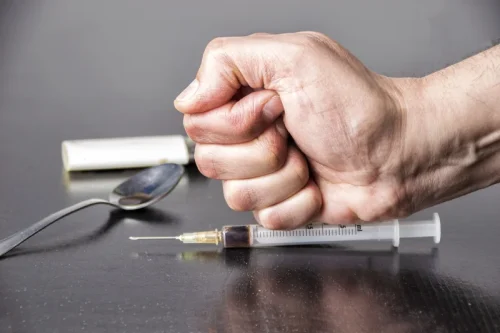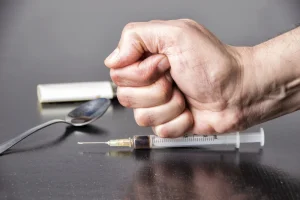
Ask your doctor for more information about your diagnosis and treatment options. Symptoms may occur within seconds or minutes of alcohol exposure and sneezing after drinking alcohol could trigger after exposure to even tiny amounts of the allergen. Quercetin is a plant pigment that has been shown to cause sneezing in some people. People should note, however, that its authors do not propose that this means that alcohol causes allergies.
What is the difference between alcohol allergy and intolerance?

Instead, they state that the data indicate that alcohol interacts with a component involving the body’s allergic response. One report, which the American Academy of Allergy Asthma & Immunology (AAAAI) cite, found a link between high levels of alcohol use and high IgE levels. IgE is an antibody that suggests that a person may have allergies. Genuine alcohol allergies, in which people only react to the alcohol, are much less frequent. People can also have an oral allergy syndrome — a reaction to fresh fruit and vegetables that may be used as a garnish or a mixer in a cocktail, according to Bassett.
What does it mean to be alcohol intolerant?

For instance, the nerve endings in the nose might react to triggers too easily. Health care providers often first make sure a person’s symptoms aren’t caused by allergies. So you may need skin or blood tests to find out if you have allergic rhinitis. If you find that warm drinks make you sneeze, try chilling them before you drink them.
Surprising Side Effects of Alcohol
This could be due to the histamine response, which is common when you’re allergic to something. “Most reactions are mediated by a histamine pathway and it behaves like any allergy,” Dr. Luiza Petre, M.D., a cardiologist, tells Bustle. The only way to avoid alcohol intolerance symptoms or an allergic reaction is to avoid alcohol or the particular beverage or ingredients that cause the problem.


You’ll also want to avoid all other products made with that ingredient. It means you have to take great care in reading labels and choosing foods and drinks. If you’re allergic to a specific grain, beer won’t be your only problem. You’ll also experience symptoms when you eat other food products containing that allergen. Research suggests that up to 10 percent of asthmatics are sensitive to sulphites, with the severity of reactions varying from mild to life-threatening. “The wheezing and nasal/sinus symptoms in particular are due to the release of sulphur dioxide gas causing airway irritation,” Dr Watts explains.
What are the symptoms of an alcohol allergy?
- If you’re frequently sneezing after drinking, you must see a doctor as there may be an underlying condition that needs to be treated.
- However, some people with Hodgkin lymphoma experience pain in their lymph nodes after consuming alcohol.
- If you’ve ever wondered – why does my face get red when I drink – this could be why.
- Those with a genuine alcohol allergy should completely avoid alcohol.
- “The first sign of alcohol intolerance is usually the general feeling of malaise and discomfort or not feeling well from as little as one drink,” Mansour says.
- You can rinse before you use nasal sprays to help the medicine work more effectively.
If they do not have an epinephrine injection to treat anaphylaxis right away, it could be fatal. However, some people with Hodgkin lymphoma experience pain in their lymph nodes after consuming alcohol. An alcohol allergy and alcohol intolerance are two different conditions. If you’re frequently sneezing after drinking, you must see a doctor as there may be an underlying condition that needs to be treated. Sneezing is usually not harmful, but it can be a nuisance. If drinking from a glass makes you sneeze, try drinking through a straw instead.
